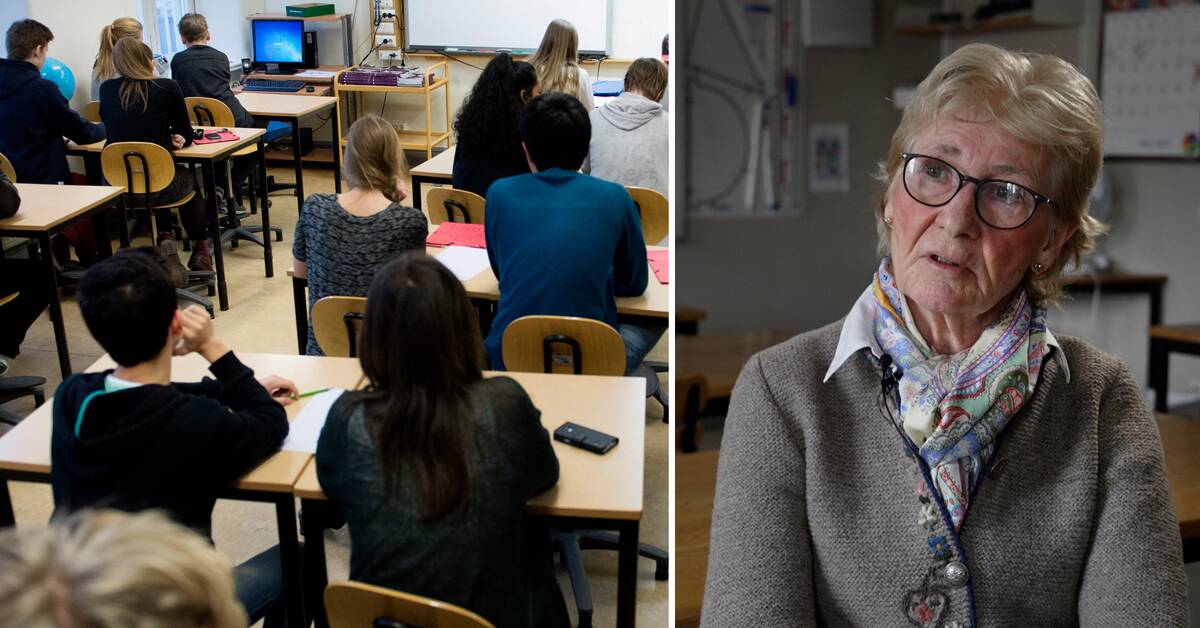For several years now, the National Union of Teachers has been pushing the issue of banning limited companies from attending schools, with reference to the fact that the limited companies' profit interests complicate the school's mission to offer equal education for all.
But now a new investigation - commissioned by the National Union of Teachers themselves - shows that a ban risks becoming costly for the state, at the same time as the profits could continue to be picked out in other ways.
The cost to the state is estimated to amount to SEK 20 billion, if the owners decide to demand compensation.
- None of the problems that have been associated with independent schools disappear because you force the limited companies away, says Anne-Marie Pålsson, who led the work with the investigation.
She is an associate professor of economics and a former moderate member of parliament, but has now left the party.
- For example, you can form a new company alongside the same owner as the independent school, which delivers food to the independent school at enormously high prices.
So you send a lot of money over to the food company and then the independent school can show that "no we have no profit".
New law for independent schools is proposed
Instead of a model for how limited companies should be phased out of school - as the National Union of Teachers expected - the report proposes stricter regulation of independent schools in the form of a so-called "independent school law" which, among other things, will require more transparency in how state money is used. an account of how the profits arise and the possibility of withdrawing permits if schools make large profits.
- The problem is that today we do not have a framework for the independent schools to operate within that is sufficiently restrictive, says Anne-Marie Pålsson.
However, the National Association of Independent Schools believes that the limited company form places clear demands on transparency and responsibility.
- It is an insight that, for example, is lacking when it comes to foundations, says Ulla Hamilton, CEO of the National Association of Independent Schools.
Will review what needs to be done
At the Swedish Teachers' Association, they will now discuss whether they continue to be behind a ban on limited companies in schools.
- What the inquiry suggests is to create a system where there are not these opportunities to make such large surpluses, and if it is a way to phase out limited companies, then it is also a solution, says chairman Åsa Fahlén.

